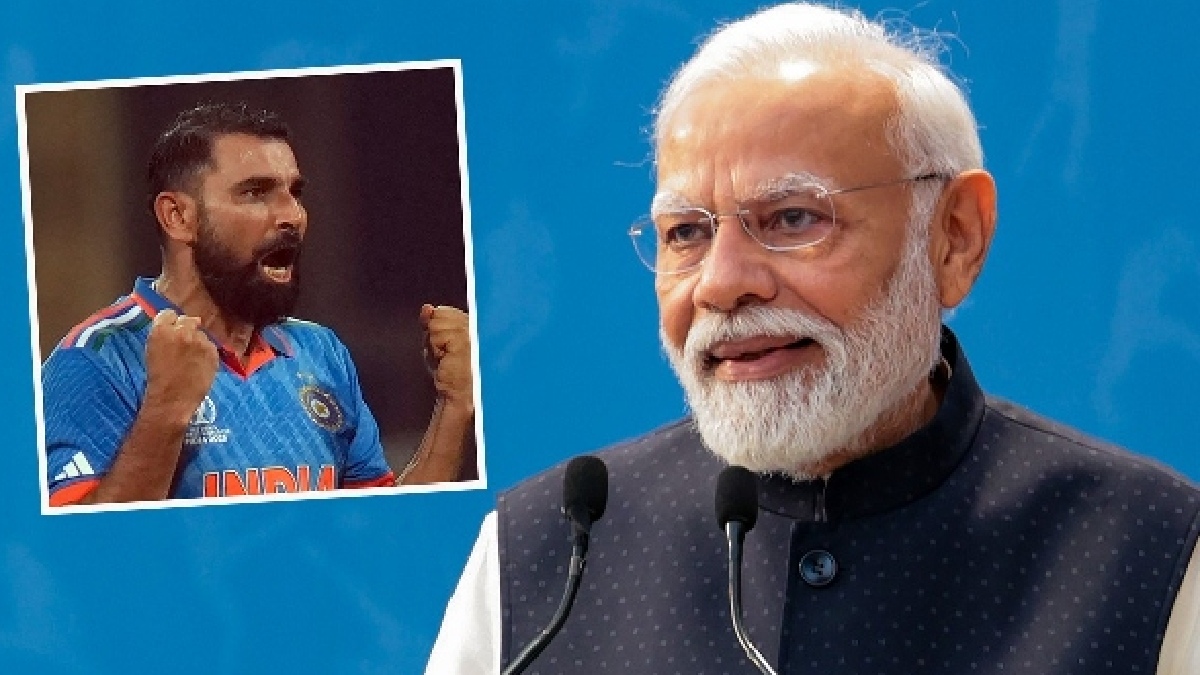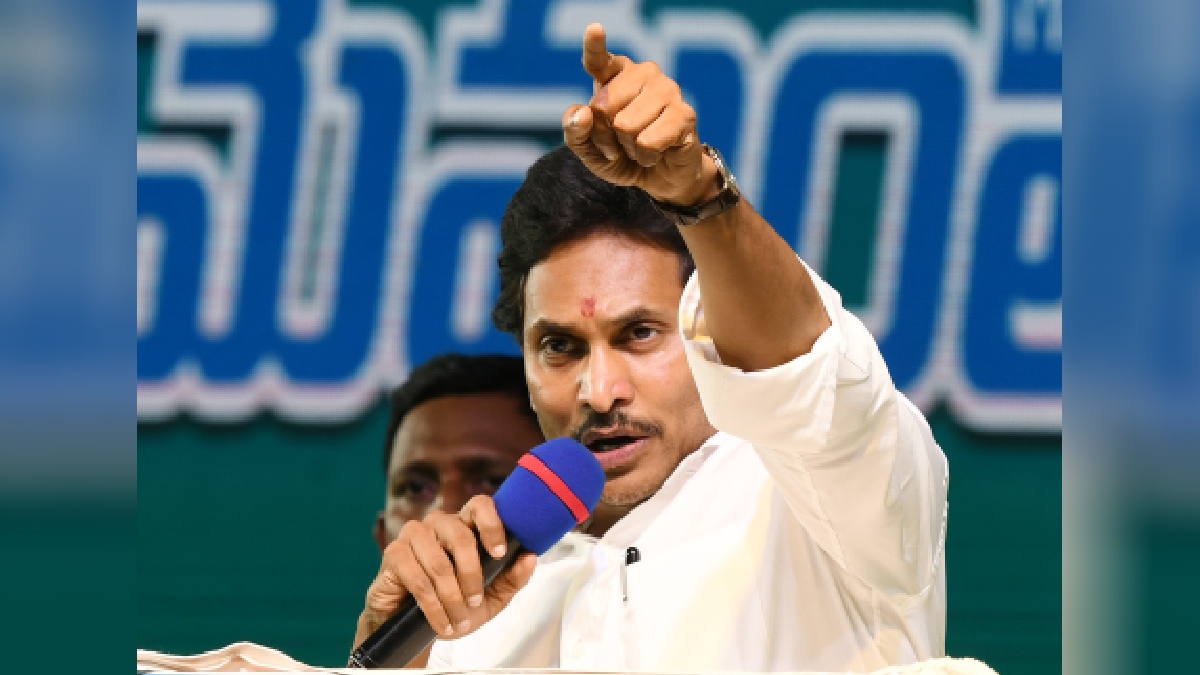Millennium Dev Goal on Maternal Mortality distant dream for India
Banjaronkapura, Feb 11: Though the news of pregnancy brings joy to a family, it shattered the life of 50-year-old Lakshmi as it not only killed her daughter-in-law Leela, separated her two grand children but also made her son Mahesh a bonded labour.
Lakshmi, a tribal woman of Banjaronkapura of Murar block of Gwalior district in Madhya Pradesh, is now sapped of life and energy in looking after her two-year-old grandson and tackling the heavy debt burden of Rs 35,000 that the family had incurred for the medical treatment of Leela.
Narrating her tale of woes, Lakshmi said Leela, a mother of two in her mid-twenties, had regular pain during her third pregnancy.
Despite living in abject poverty, the tribal family took her to the local primary health centre at nearby Hastinapur for ante-natal check ups. However, in the fifth month of pregnancy, Leela suffered abortion and her condition deteriorated.
She was referred to a private practioner who charged Rs 900 per day for her treatment and after a 15-days long treatment, she was again referred to the district health care centre at Kamlaraja where in the alleged absence of timely care, she died the next day. Now, the family had tough time collecting Rs 800 to transport Leela's body.
In the entire process, the family, whose members worked as daily wage labourers earning Rs 40 per day, came under the heavy debt burden of Rs 35,000. Now Mahesh is struggling to repay the debt and lives a life virtually as a bonded labourer working on the land belonging to 'Poojari' of a temple. Leela's four-year-old daughter is now living with her maternal grandmother at Sitalapur while the burden of caring for her two-year-old son has now fallen on Lakshmi's shoulder.
However, the absence of mother, was evident as the two-year-old boy looked totally malnourished.
''The chances of the survival of such children were three to ten times less than their normal counterparts as they lose their primary care giver and income earner which results in less money being available for their health care, education and food increasing the mortality risk. Girls often drop out of school to look after their younger siblings and family,'' said Mr Hamid Bashir, UNICEF Representative of Madhya Pradesh.
He said every year 529,000 women die during child birth, of which 78,054 are in India contributing to about 20 per cent of maternal mortality globally. In India, states like Uttar Pradesh, Jharkhand, Bihar, Rajasthan, Orissa and Madhya Pradesh contribute maximum maternal mortality making it difficult for the country to achieve Millennium Development Goals. Uttar Pradesh contributes about 50% of the Maternal mortality while MP contributes about 10% of the MMR in India.
Pointing out that every seven minutes a woman dies during child birth or pregnancy, Dr Aparajita Gogoi of the White Ribbon Alliance of India said it is a ''silent Tsunami'' towards which no one is focusing. Every year an estimated one lakh woman die during childbirth and six lakh suffer from morbidity and 350,000 children become orphaned affecting two lakh families, but no one is held accountable for the devastation, she said.
Most of young women like Leela could be saved if the health care system functioned properly and accountability ensured at every level. Access to appropriate health care during pregnancy can prevent Maternal mortality to a large extent. Moreover, malnutrition and anemia also caused a number of deaths due to complications arising at the time of childbirth.
The primary health centre at Hastinapur, which catered to about 30,000 population in nearly 14 villages. has recently been upgraded and now has six beds. However, people often complained of neglect and being turned down from admission despite having BPL cards.
Though the Medical Officer in charge of PHC, Dr Hemant Mandelia, denied the charge, the experience of patients was different who complained that the hospital generally closed down at about 1600 hrs and women coming during evening and night refused admissions and treatment. However, the doctor admitted that there was no blood storage facility at the PHC to cater to any obstetic emergency and also lacked a single ambulance.
Lakshmi's second daughter in-law-Sona, was turned away from the PHC on the ground that there was still much time for the delivery.
The poor woman, who had travelled five km in a tractor on non-existing roads to reach the PHC, ultimately delivered in the tractor while coming back home.
These incidents are happening despite state government implementing the Janani Suraksha Yojna to promote institutional delivery under which each woman coming to the hospital is paid Rs 1400 and the one bringing her gets Rs 600 from the government.
However, the corruption is rampant with most of the women not getting the amount and even when they get it, part of it is taken back.
''India
does
not
lack
technical
and
financial
resources
or
doctors.
It
has
good
systems
and
programmes
in
place
but
they
are
not
delivering
and
no
accountability
is
ensured.
Intentions
and
policies
are
not
lacking
as
is
evident
from
the
National
Rural
Health
Mission
and
the
RCH
II.
Only
thing
is
that
issues
like
maternal
and
child
mortality
needed
to
be
brought
to
the
top
of
the
political
agenda
besides
collective
efforts
by
the
civil
society,
media
and
international
aid
agencies
like
UNI


 Click it and Unblock the Notifications
Click it and Unblock the Notifications




